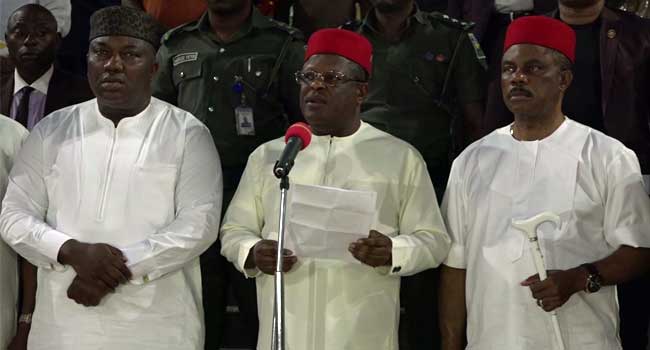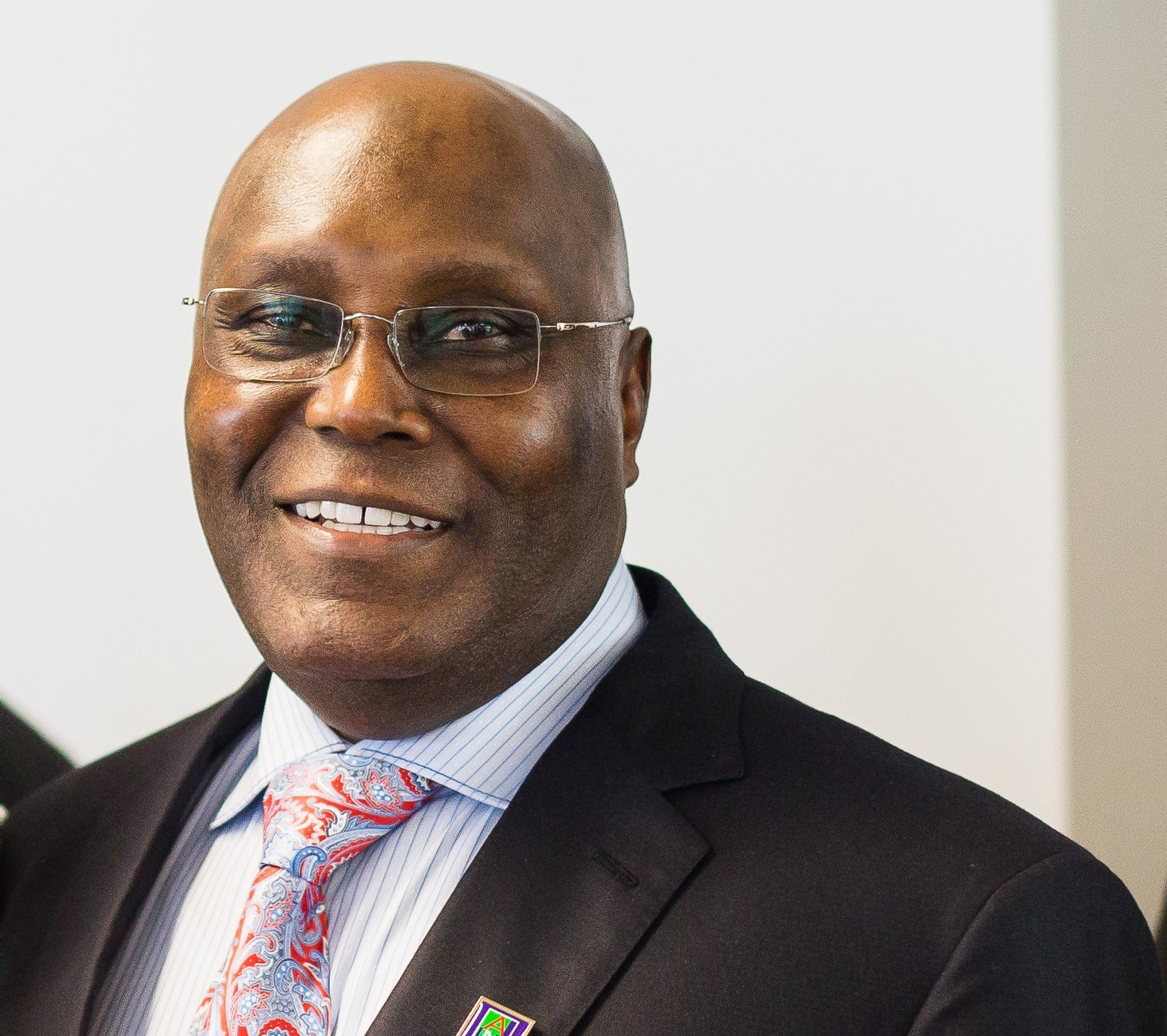The House of Representatives has ordered a detailed public hearing on the activities of the Financial Reporting Council of Nigeria, particularly the C
The House of Representatives has ordered a detailed public hearing on the activities of the Financial Reporting Council of Nigeria, particularly the Council’s decision to fix the tenure of the leadership of religious organisations. The House passed the resolution on Wednesday in Abuja at a session which was presided over by the Speaker, Yakubu Dogara. It came after members debated and endorsed a motion moved by the Minority Leader of the House, Mr. Leo Ogor. Lawmakers also clarified that no agency of the Federal Government was empowered by any law passed by the National Assembly to determine how many years a religious leader should serve in office.
They noted that the FRC Act 2011 did not make provision for the tenure of office of religious bodies or non-profit organisations. While leading the debate, Ogor said he was amazed where the FRC got its powers. He added that while the agency might have delegated legislative powers, being a product of the National Assembly, any legislation or code it formulated should have been mandatorily approved by the same National Assembly before it could be applied. In the extant case of the controversial Good Governance Code formulated by the FRC for non-profit organisations, the lawmaker stated that the National Assembly had no knowledge of it.
The motion stated, “The House is concerned that the Governance Code, formulated by the Council, as it relates to heads of non-profit making organisations, is a clear usurpation of the powers of the National Assembly as stipulated in Section 4 of the Constitution of the Federal Republic of Nigeria, 1999.
“Also concerned that the National Assembly has not, in any way, approved the corporate governance code as it did with the Building Code.
“The House is convinced that codes of corporate governance must be in conformity with international best practices.
“Worried that an overzealous chief executive officer of a regulatory body can misinterpret or misapply the provisions of the code as can be clearly seen in the case of the FRC.”
In performing its duties, Ogor pointed out that the FRC was to restrict itself to accountability, transparency and probity in pursuing corporate governance principles in public and private organisations.
“No law, enacted by the National Assembly, empowers any agency to set the tenure of office for heads of non-profit organisations,” he added.
The Chairman, House Committee on Ethics/Privileges, Mr. Nicholas Ossai, took the same position as Ogor.
He told the House that though the FRC was empowered to function, the issue of fixing how long a religious leader should be in office was off its bounds. Ossai added, “This is because we are talking about the things of God here.
“The tenure of religious leaders is determined by God, not man.
“Besides, delegated legislation like the FRC code should have been forwarded to the National Assembly for approval.
“The code in question was never forwarded to the National Assembly.”
Two other members, Mr. Istifanus Gyang, and Mr. Sunday Karimi, berated the former leadership of the FRC for its actions in implementing the code. On his part, a former Deputy Minority Whip, Mr. Garba Mohammed-Dhatti, called for rigorous monitoring of the activities of agencies to prevent them from abusing their delegated powers.
The controversial FRC code, among others, sets a 20-year tenure for heads of religious groups and civil rights organisations. Such leaders are required to hand over the affairs of the organisations they head to successors in line with the corporate governance principles. The General Overseer of the Redeemed Christian Church of God, Pastor Enoch Adeboye, had resigned as the head of the church in Nigeria on Saturday, reportedly in compliance with the code. He named Pastor Joseph Obayemi as the overseer of the church in Nigeria and took on the new title of General Overseer, RCCG, Worldwide. The development was greeted with interpretations, including insinuations that the Federal Government was attempting to meddle in the affairs of religious bodies, using the FRC.
President Muhammadu Buhari reacted on Monday by sacking the Executive Secretary of the FRC, Mr. Jim Obazee. The President had, in a statement by his Senior Special Assistant on Media and Publicity, Garba Shehu, approved the sacking and the replacement of Obazee. The statement also constituted a board for the Council with Mr. Adedotun Sulaiman as chairman and Mr. Daniel Asapokhai as Obazee’s replacement. The former FRC leadership was said to have disregarded an October 17, 2016 directive by the Minister of Trade, Industry and Investment, Mr. Okechukwu Enelamah, asking for the suspension of the code.

